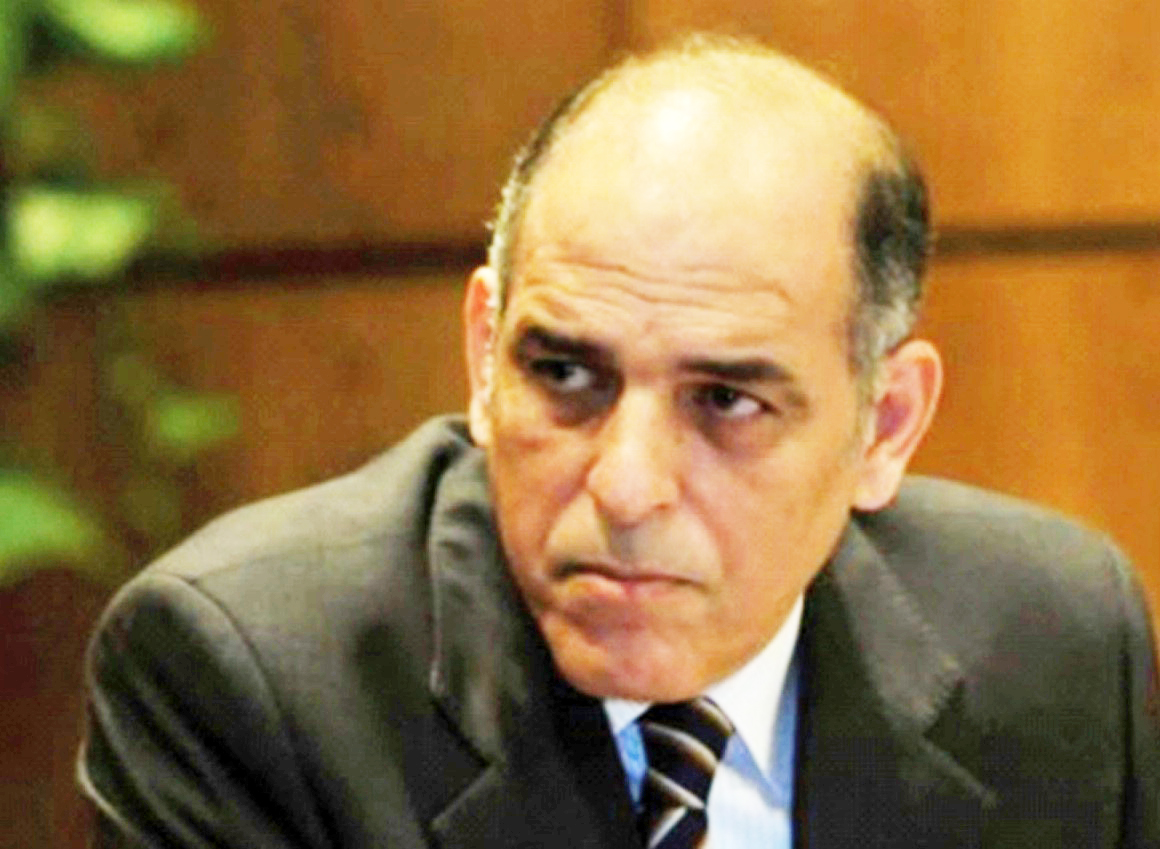
By Talabat Ahmed
Between energy issues and the dilemma of subsidies, associated gas and diesel crises, the petroleum sector is the common denominator in many challenges currently facing the Egyptian economy. While the rest of the country eagerly awaits the formation of a new government, current Minister of Petroleum, Abdallah Ghorab, unveiled a number of steps currently being implemented to prevent a new round of petroleum related crises.
He stressed that the Ministry will make sure that maximum salary regulations are applied without exception. In addition, the Ministry will work to increase the rates of delivery so that the fuel needs of 9 million households are met yearly.
How do you see the repetition of the energy crisis in the domestic market? We started to implement a number of measures that address the imbalance in the distribution of petroleum products in the domestic market, especially with regard to fuel and diesel. The measures include outfitting vehicles delivering fuel to fuelling stations with electronic systems to ensure compliance with delivery regulations, standardising contracts between station owners and energy companies, and making it easier for station owners to renew their contracts on a yearly basis as long as they remain compliant with the terms of the agreement.
Will the new measures reconsider the commission that station owners obtain and that pushes some to do business in the black market?
Yes, there are new mechanisms to ensure that station owners are making revenues suitable to their investments. There are also steps to establish new large stations along Egyptian highways connecting the provinces, especially to service vehicles transporting commercial goods so that they don’t have to enter cities to use fuelling stations. This step should help to reduce congestion and traffic within the cities and take pressure of urban fuelling stations. We’ve also made plans to deploy a number of mobile fuelling stations to meet the needs of various areas as needed. In addition, there are plans to build stations to meet the needs of farmers who need fuel for agricultural equipment, especially in the Delta and Upper Egypt.
Will Egyptian citizens sense weaker supervision of fuelling points? The root of the problem is weak penalties for those who resort to the black market. Currently, the law only sets penalties for trading fuelling cards, but not for petroleum products. The new law, which has been submitted to the cabinet, will set new penalties that should serve as an effective deterrent for black market trading of subsidised goods.
Some observers of the gas crisis attribute its cause to corrupt employees in fuel marketing companies. Do you have any comment on this issue? We don’t have corrupt companies, but like any society, there are corrupt individuals. We have tried to prosecute corrupt individuals, and stress that a corrupt employee does not mean that the entire organisation is corrupt.
It’s said that there are a number of petroleum executives who refuse to implement regulations governing maximum salaries and that unless an agreement is reached; high-ranking employees will leave the Egyptian sector for foreign private companies. What is your comment on the issue? We are committed to implanting the maximum salary without exceptions. Whoever is not satisfied with the regulations is completely free to work in any other company. The Egyptian petroleum sector is able to compensate for them and provide qualified individuals. It’s a fact that, despite the good wages in Egyptian petroleum companies, we cannot provide wages as high as the large multinational companies. We need to strike a balance in the workers’ wages.
Do you think that Egypt is suffering from an energy crisis? The state’s perception about energy needs to change. We still think of energy resources only from the perspective of price, which is a mistake because doing so lets the price alone dictate energy policy. We should work to use energy more efficiently, and our primary goal should be to meet the needs of Egyptian society. The two sides of the coin are production of energy on one hand and providing the needs of Egyptian citizens on the other. Our average petroleum production rate has reached 700,000 barrels a day without depleting reserves, which is an indication that we are on the right track. As a petroleum engineer, I think the future of Egyptian production lies in the Western Desert, which has the potential to triple Egyptian production in the next decade, especially in light of recent promising discoveries in the region.
How do you view the financial crisis facing the sector? The financial crisis is not because of the weakness of the sector. In reality, the petroleum sector has no debts and is financially sound. The cabinet formed a committee to help the petroleum sector reach settlements with other sectors, such as the electricity and rail sectors, that currently owe it debts. In addition, the Ministry of Finance approved a sum of EGP 44 billion to be paid to the petroleum sector. The sum lifts a large burden off the petroleum sector and grants it much greater flexibility moving forward.
What is the position of natural gas companies, especially those in the private sector? We are currently following and evaluating the performance of private sector companies to ensure compliance with contracts. We have nearly completed a new system for gas delivery projects. The new system delineates submitting new projects for tenders to both private companies in the petroleum sector and the private sector. The projects will then be contracted out, and after implementation, the sector’s companies will take over employment and client services. This system will guarantee necessary technical and financial discipline and help companies improve their performance. In addition, we’re currently involved in negotiations with the World Bank and other international financial institutions to finance gas delivery projects to households and commercial entities. We hope to deliver gas to 9 million households without putting any extra burden on Egyptian citizens.
For several years doubts have surrounded the mineral resources sector, especially with the government’s inability to come out with a new law for the sector. What is your comment on this issue? I want to say that we presented a draft law to the responsible agencies and I expect that it will be approved soon. The law will make sure that Egypt’s mineral resources are not wasted, but that the state will reap value from the sector commensurate with the real value, especially the Al-Sukari gold mine. In addition the Safaga phosphate mines, known as Abu Tartour, turned a profit for the first time, reaching EGP 74 million. It’s not the best project, but it is a national project that has the possibility of becoming profitable. A new phosphate factory is being built in the area that will also produce fertiliser.




